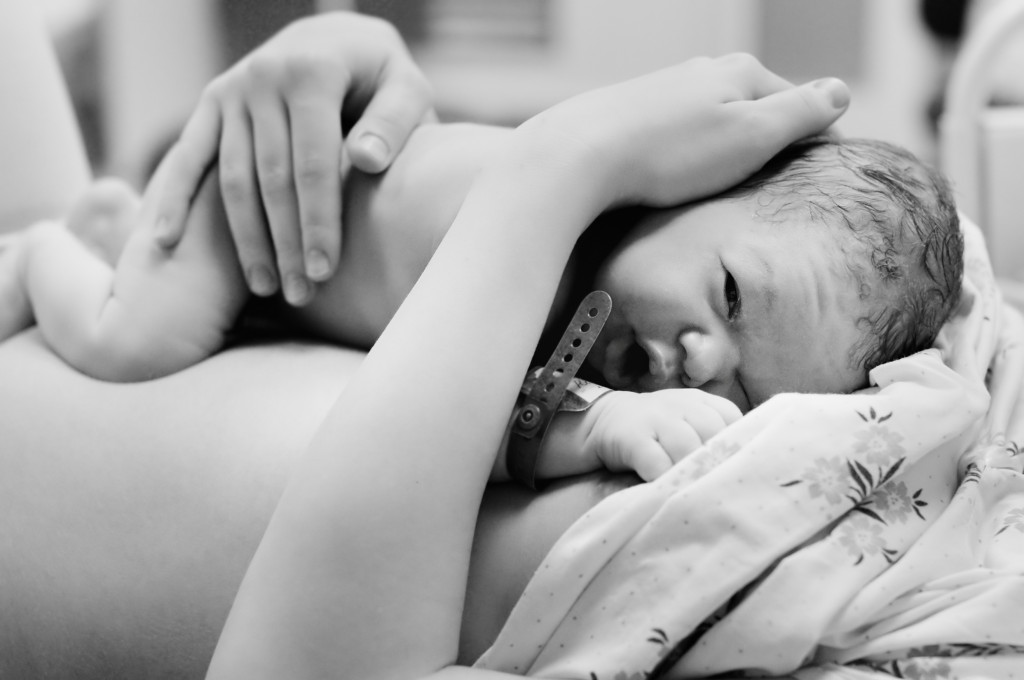After giving birth, many new moms are worried about some of their body parts, which is completely valid. Although you should understand that after giving birth, your body will never be the way it was before you got pregnant. Then again, there are ways to lessen the unpleasant results of your body.
In fact, even if your vagina is the one who suffers the most during the baby’s arrival, she is also the one who can recover and go back to normal.
First of all, most parts heal naturally.
When the baby has already come out, it is only natural for there to be bruising and swelling throughout your body. These will all heal in a couple of days—two weeks at most. The ten-centimeter dilation that abets the baby’s passage will also reduce back to normal soon after birth.
As for the muscles around your vagina, they will be sore and tender. But after a lot of rest, they will be gone as well. It is important to do some pelvic exercises to lessen the soreness and aching.
Typically, the tears that you will experience in your vagina and perineum—the part between the whole of the vagina and the anus—will be stitched up by the doctors after the baby comes out and before they take you out of the delivery room. More likely, you will be under anesthetics, so you won’t feel the pain during then. Furthermore, these tears and stitches will dissolve and heal on their own in a few weeks.
However, even though the vagina rejuvenates itself, some moms are not satisfied with the changes they go through. Their vagina isn’t as tight as before, and it doesn’t feel right. As much as Kegel exercise and keeping the vaginal area taut and toned can help, they still won’t feel good about themselves. That’s why they go through a procedure called vaginal rejuvenation, which can restore their vagina’s tightness. They can have this either through surgery or non-surgery.
Dryness and Low Libido
After you’ve delivered the baby, the levels of your estrogen—a hormone that helps develop and maintain both the reproductive system and female characteristics—will drop massively. This is a sort of preparation for milk production, which means you are ready for breastfeeding. Because of this, you will likely experience vaginal dryness and low libido. However, your estrogen hormone levels will go back to normal after the breastfeeding stage.

Bleeding and Discharge
About six weeks after childbirth, it is normal for you to continue experiencing an excessive flow of bright red blood. This usually starts right after birth. Your body works it out to get rid of the blood and tissue stuck inside the uterus while you were pregnant. This discharge is called lochia.
This discharge can appear similar to period blood. It is recommendable to use maxi pads instead of tampons to avoid a huge mess. More importantly, it won’t impede your vagina’s healing.
The color of the blood will diminish over time. It can vary in color, like from red, pink, brown, yellow, white, to even green. Also, you might notice an odor, but it shouldn’t be that bad. If the smell grew pungent, this might be a sign of an infection, so consult your doctor as soon as possible.
Constipation
It is definitely common for you to have trouble urinating or defecating shortly after birth. According to Dr. William Schweizer, OB medical director for the Department of Obstetrics and Gynecology at NYU Langone Medical Center in New York City, the tissues around your bladder and urethra can be swollen or bruised. This causes you to have difficulty peeing for weeks. If you were given pain-relievers, such as epidural, they could delay your bowel movements.
Therefore, you need to stay hydrated to push everything toxic out of your body. Breastfeeding and iron vitamins cause dehydration and constipation, so drink lots of nutritious fluids and eat high-fiber foods. If your constipation carries on for over three days, you must consult your doctor.
Always remember to practice proper feminine hygiene.
Especially if you gave birth vaginally since you’re more likely to have a perineal tear, practice gentle cleansing. For this, your doctor will give you a peri bottle. Make sure to sterilize the bottle before using it.
The afterbirth is for only a few weeks if you practice proper care for your precious lady parts. After that, you can bond with and take care of the new member of the family. Even while doing that, it is always important to carry on taking care of yourself as well.

